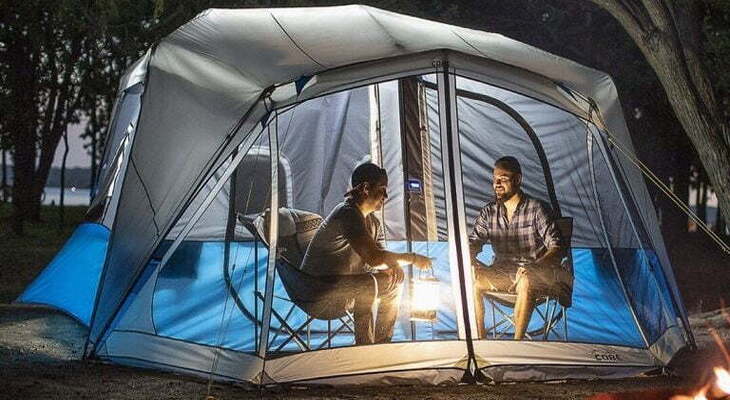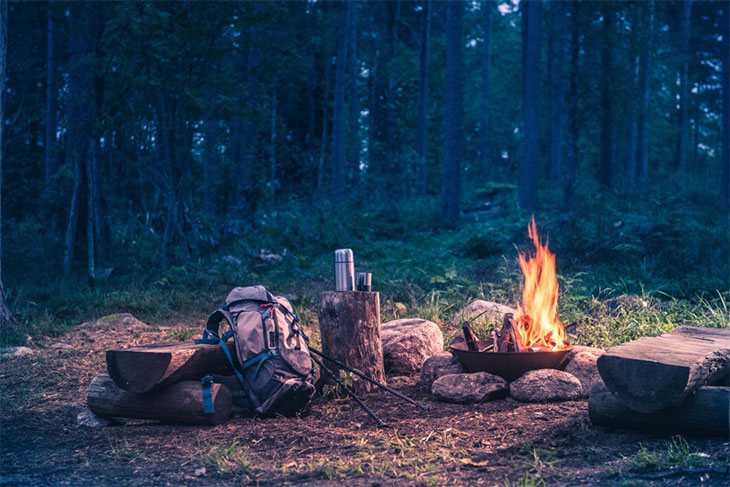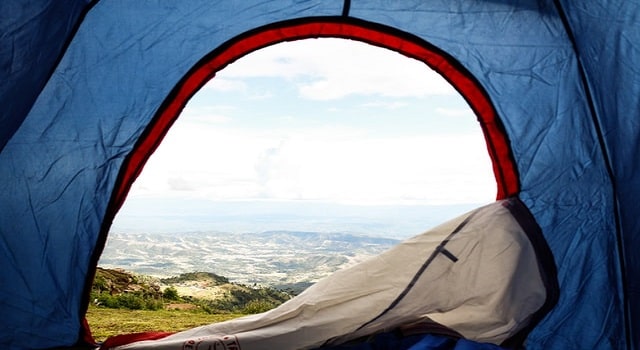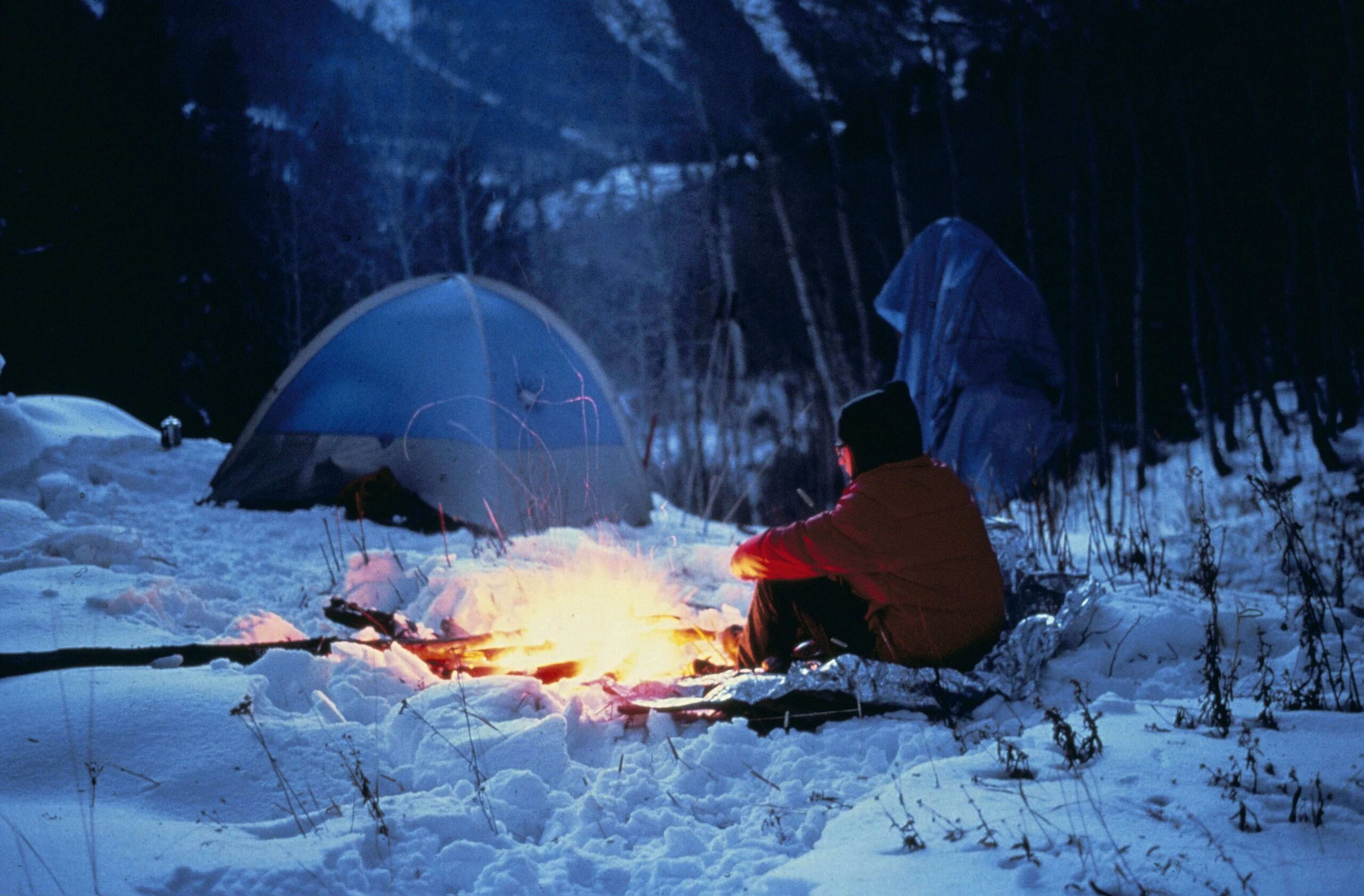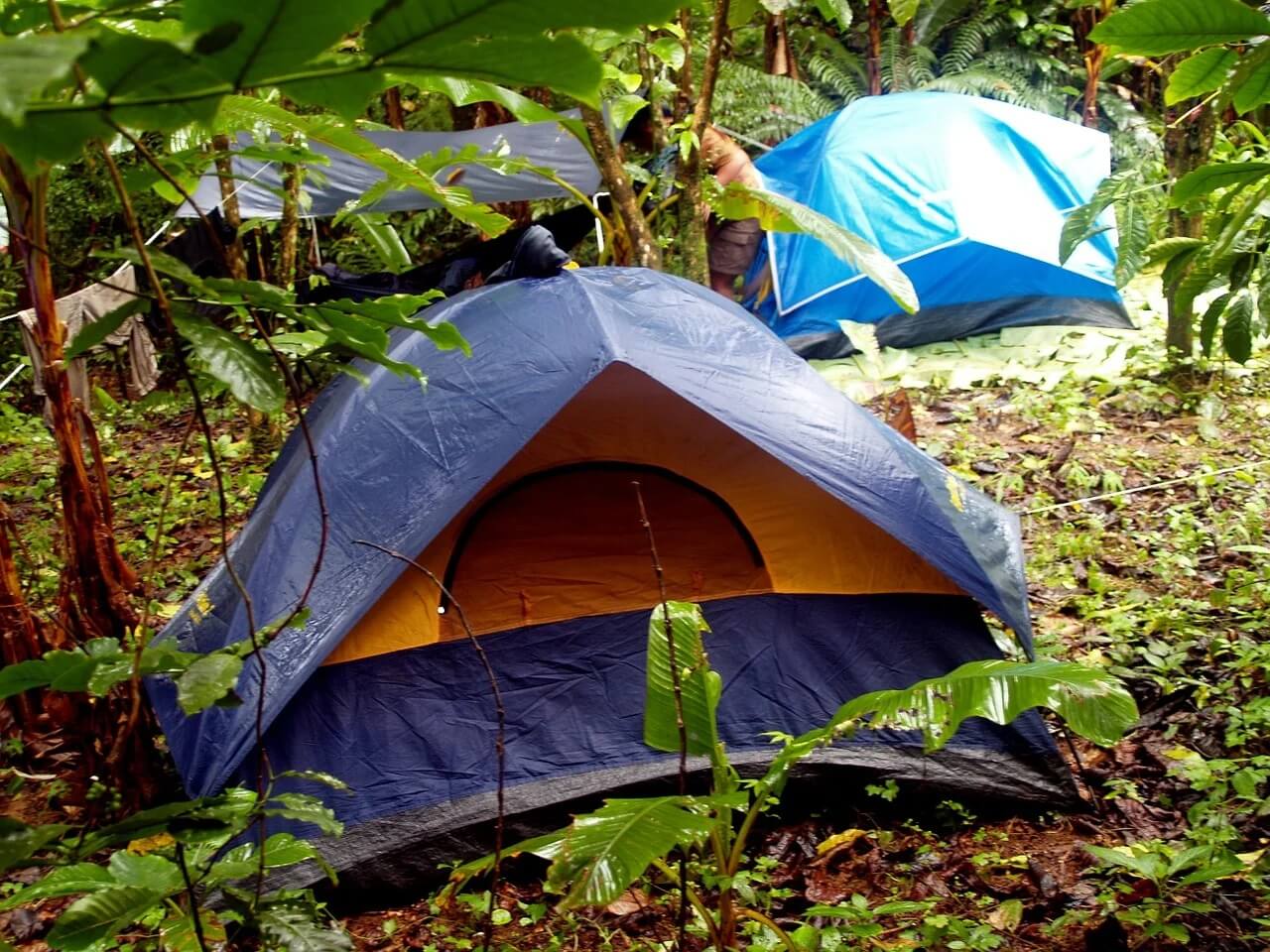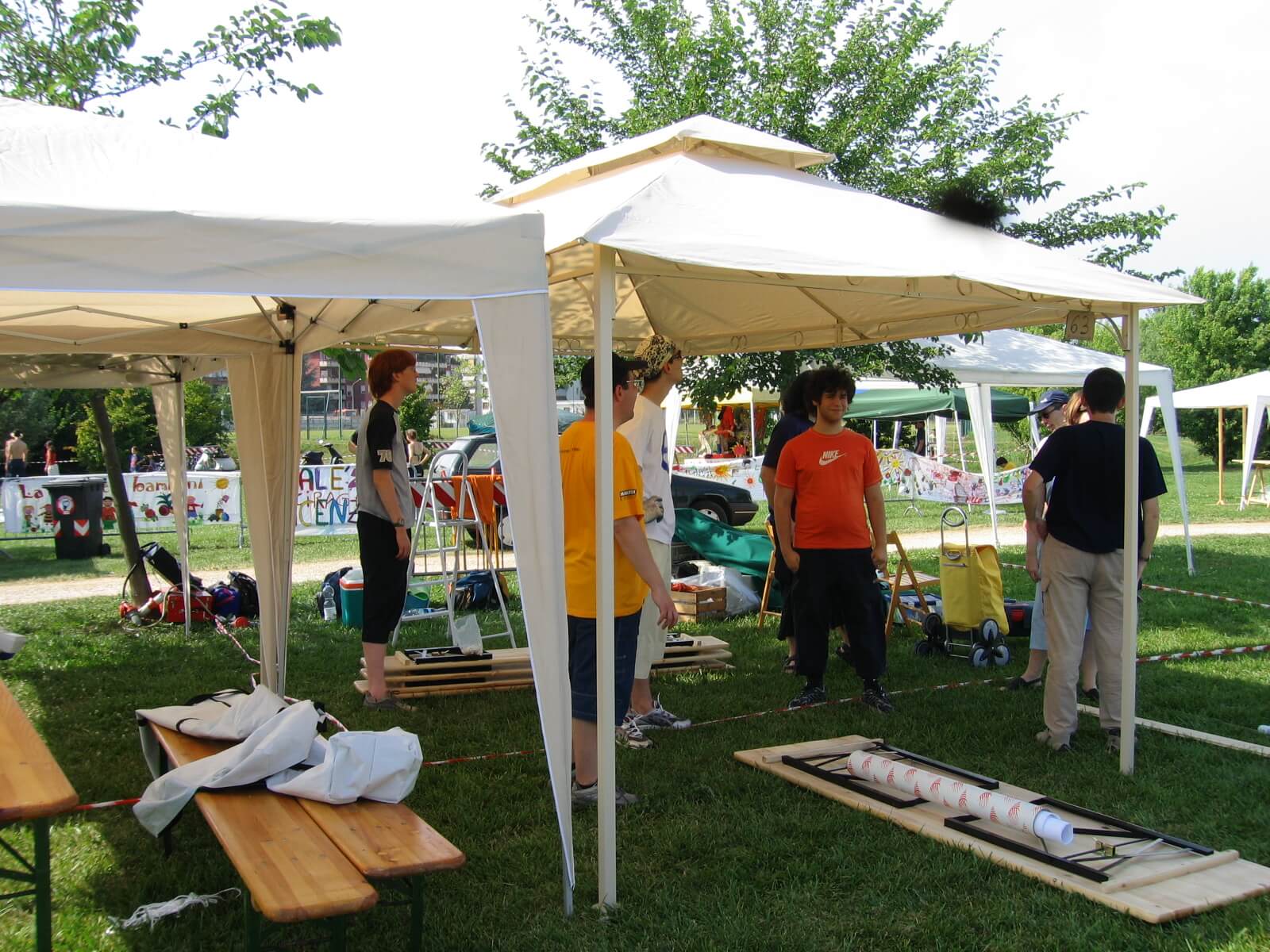
Sometime in your life, you will want or need to buy a tent. And when that time comes, you might be wondering: are cheap tents worth it?
It’s hard to find a good cheap tent. This is because you’re bound to encounter some problems when buying one and the most common of these are leaks and poor-quality materials. If you’re in need of a new tent but want something that won’t break your bank account, then this article is for you! We’ll talk about how to choose a cheap tent that will be worth it in the long run. So stay tuned!
In this ultimate guide to buying tents, we’ll explore all the pros and cons of getting a cheap model vs. spending more on a quality tent. So whether you’re an experienced outdoorsman or just starting out, read on for the information you need to make the best decision for your needs.
Now you don’t need to worry about the high cost of a good tent. We’ll show you how to choose a cheap tent that will be a great value for your money!
Contents
Are Cheap Tents Durable?

One of the biggest concerns people have when considering a cheap tent is durability. It’s natural to worry that you’ll end up spending money on something that won’t last more than a few trips. And, unfortunately, this is a common problem with cheaper tents.
The materials used in cheaper tents are often not as durable as those found in more expensive models. However, there are ways to reduce the risk of this happening.
Are cheap tents worth it Detail Guide:
Decide what you will be using your tent for:
Are you mainly camping in backyards or going on more serious expeditions? This will help determine the best kind of tent for your needs.
Look at the quality of the zippers:
Zippers are commonplace for cheap tents to fail. Make sure that the zippers on your chosen model are heavy-duty and well-made.
See what type of poles are used:
Cheap tents often use lower-quality aluminum or fiberglass poles, so be sure to check for this when making your purchase. You can test it out by attempting to flex the poles a little bit. If they seem very flimsy, it’s probably not a good idea to buy this particular tent.
Consider the stitching:
It should go without saying that if the stitching on a cheap tent is poor, it’s not going to hold up for very long. Make sure that the seams are tight and well-sewn. Be sure to check the labels of any tent you’re considering buying for specifics about the stitching materials used.
Seek out high-quality zippers:
Even if the rest of this tent is high-quality, cheap zippers can cause problems. Be sure to check reviews on the model you’re considering to see if people have complained about the zippers. If they do seem to be a problem, look for a different tent.
Inspect the waterproofing:
One of the main reasons people buy tents is for the protection they offer from the elements. Make sure to check the waterproofing of any model you’re considering, and don’t just go by the manufacturer’s claims. The best way to test this is to pour a little water onto the tent and see how long it takes to soak in.
Size does matter:
Be sure to check the size of your chosen tent before buying it. You’ll probably want to buy a larger one than you originally planned, so make sure that you’re getting a tent that will work for you and not be too small.
Look at the storage:
This isn’t something everyone considers when buying a tent, but if it’s important to you, make sure to check the amount of storage space there is inside. This can be more of an issue with smaller tents, like backpacking models.
Test it out before you buy:
Even if the specifications are good, make sure to check your tent out in person before buying it. This is especially important for backpacking tents. The last thing you want is to hike all day with a heavy pack only to find that this isn’t the right tent for you.
Get a warranty:
Even if you do all of the above, there’s always a chance that your cheap tent might not last very long. To protect yourself from this, be sure to get a warranty from the seller. This will at least give you some peace of mind in case something goes wrong.
1. Why you might want a cheap tent:
You’re on a very tight budget:
If you’re trying to stick to a strict budget, and the cost of more expensive tents is just out of your price range, go for a cheaper model. While it’s true that these models might not last as long and might have some other problems, they’re still better than sleeping outside on the ground.
2. What to look for in a cheaper tent:
The bottom line:
If you’re buying a cheap tent, there’s always some risk involved. However, if you follow the tips listed above and do your research before making a purchase, you can minimize this risk and end up with a decent tent that will work for your needs.
3. The benefits of buying higher quality, more expensive tents:
Spending a little more money:
If you want to buy a tent that will last for years and provide you with great protection from the elements, it might be worth spending a little more money on a higher-quality one.
This is especially true if you’re going to be using your tent frequently. While all tents have some risk involved when it comes to quality, spending a bit more money will usually get you a product that is made with better materials and is more likely to last.
4. How to set up your new tent:
First, find a level spot to set up your tent. This is important, as you don’t want your tent to be sloping down toward the door or any other part of it. Once you’ve found a suitable spot, clear away any rocks or branches that could puncture your tent and layout your groundsheet.
If your tent doesn’t come with a groundsheet, you’ll need to buy one separately. Next, open up your tent and assemble the poles. You can usually do this with just one other person. Just follow the instructions provided by the manufacturer and make sure you’re attaching the poles to the right parts of your tent.
Then, insert the poles into the sleeves on the tent and secure them in place using the clips provided. Some tents might require you to insert the poles one section at a time, while others will have sleeves for each of them. In any case, make sure to check your tent’s instructions to see how it’s supposed to be set up.
5. Tips for using your new camping gear properly and safely:
Keep the groundsheet clean:
Make sure that you keep your tent’s groundsheet as clean as possible at all times. This will help prevent the buildup of moisture and will also keep your tent looking good for longer.
Store your tent properly:
When you’re not using your tent, make sure to store it in a dry place. This will help prolong its life.
Don’t pitch your tent too close to water:
If you can help it, don’t pitch your tent too close to a source of water, such as a river or lake. This is especially important for lower quality tents, with cheaper materials and seams that might not hold up to moisture as well as higher quality models.
Don’t let your tent get too hot:
Don’t leave your tent out in the sun when you’re not using it. It can actually get quite hot inside a tent that’s been sitting out in the sun for hours, and might even cause your tent to start melting. This is especially true of cheap tents with cheaper materials.
Don’t store items inside your tent:
When you’re not using your tent, avoid storing anything inside it. For one thing, this could affect the way your tent holds up to moisture from rain or from morning dew. It could also cause mold and mildew to grow inside your tent, which will definitely make it less appealing.
Don’t use sharp objects inside a tent:
Make sure that you keep any sharp objects away from your tent at all times. This includes anything from pocket knives to tent stakes. If you accidentally pierce your tent with a sharp object, you could end up causing a hole that will let in the rain and wind.
Check all seams and zippers:
Before taking your new tent on its first camping trip, make sure to check all of the seams and zippers. This is especially important for cheaper tents, as the seams and zippers are often the weakest points. If you do find any problems with them, you can usually fix them with some seam sealant or duct tape.
6. Important information about what not to do with your new camping equipment:
Do not use bad quality tent pegs/ stakes :
Always make sure that you are using the right kind of pegs for your tent. If you hammer in a peg that’s too big, it can easily puncture the inner lining of your tent.
Don’t forget to check all seams and zippers:
If you’re using a cheap tent, it’s especially important to check all of the seams and zippers before taking it on its first camping trip.
Do not leave your tent in direct sunlight when not in use:
As mentioned before, leaving your tent in direct sunlight can cause it to overheat and even melt.
Do not store valuable items in your tent when not in use:
It’s never a good idea to store anything valuable inside your tent at any time. If you’re going on a camping trip where theft might be a problem, it’s best to leave all valuables behind.
Don’t overload your tent:
If you want to keep your tent in the best possible condition, it’s important not to overload it. Just bring in what you need and leave the rest in your vehicle or in a storage locker.
Do not use sharp objects around your tent:
As mentioned before, always keep all sharp objects away from your tent at all times.
FAQs.
1. How do I know a cheap tent is actually cheap?
The best way to tell is to look at the price tag. If the tent is significantly cheaper than other models, it’s likely that the materials and construction aren’t as good.
2. What should I do if my cheap tent fails?
If your tent fails, the best thing to do is to contact the manufacturer. They may be able to repair or replace your tent depending on the terms of your warranty.
3. What should I look for in a cheap tent?
When looking for a cheap tent, you’ll want to focus on things like the quality of the materials and construction, the waterproofing, and the size.
4. Are there any benefits to buying a cheap tent?
Yes, there are several benefits to buying a cheap tent. For one, they’re often much less expensive than more high-quality models. They’re also a good option for people who don’t plan on using their tent very often.
5. Are cheap tents worth it?
This is really up to the individual and how often they plan on using their tent. If you’re sure that a cheap tent will suit your needs, then this is probably the way to go. However, it’s important not to skimp too much when looking for a tent. For instance, if you’re going to be using it frequently, it might be worth investing in a more expensive model.
CONCLUSION
At the end of the day, there are several advantages and disadvantages to buying a cheap tent. If you’re on a budget or only plan on using the tent occasionally, then a cheap model might be the way to go.
However, if you’re looking for a high-quality tent that will last for years, you’ll need to invest a bit more. In the end, it’s up to you to decide what’s best for your needs.
So, are cheap tents worth it? – a good question, and a useful piece of information to have in the back of your mind. Thank you for reading the article.
